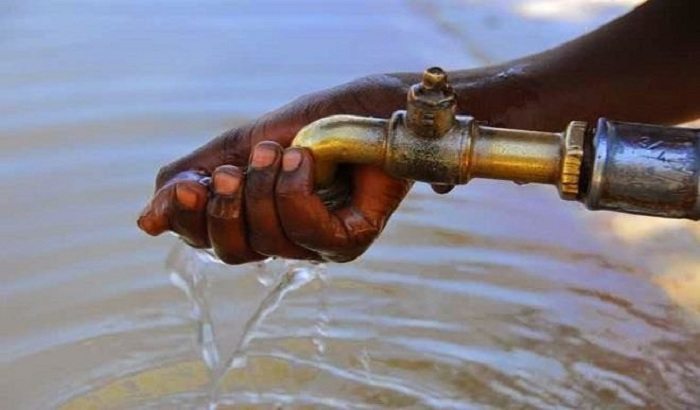UNESCO and the National Water Resources Institute, Kaduna are bringing together experts on water management from the West African sub-region to develop an appropriate and workable framework for strategic implementation of the SDGs goal 6, which borders on water availability and sustainability.
At a ceremony of the Regional Expert Meeting on Water Quality which took place in Abuja, Nigeria’s Minister for Water Resources, Suleiman Adamu represented said the federal government through its diversification initiative considers water as critical hence its readiness to collaborate with relevant stakeholders in the water sector.
The Director, UNESCO Regional Office, Abuja, Mr. Benoit Sossou affirmed the readiness of the body to advance its activities to increase available quality water in Nigeria and West Africa as a whole.
He described water as a finite resource that “is essential for human existence, agriculture, industry, energy production and for the environment.
“Without any doubt, inadequate quantity and quality of water have serious impact on water security and sustainable development. For this reason, the Sustainable Development Goals (SDGs), in recognition of the crucial role of this precious resource include a dedicated goal on water and sanitation has set out to ensure availability and sustainable management of water and sanitation for all and expand the MDG focus on drinking water and sanitation,” he said.
The Executive Director, National Water Resources Institute, Kaduna, Dr Emmanuel Adanu said that the meeting was aimed at developing appropriate and workable framework for the strategic implementation of SDG6.3, which was directly related to wastewater quality management.
He urged UNESCO to sustain collaboration with RC-IRBM for capacity development and research in critical water-related areas for the sustainable development of the sub-region.
Dr Adanu said government was ready to provide as much as it can to make Nigerians have access to clean portable water. He also added that the FG was making efforts to see that there is a committed private sector participation in the provision of clean portable water for use by Nigerians either for drinking or sanitation purposes.

Leave a Reply